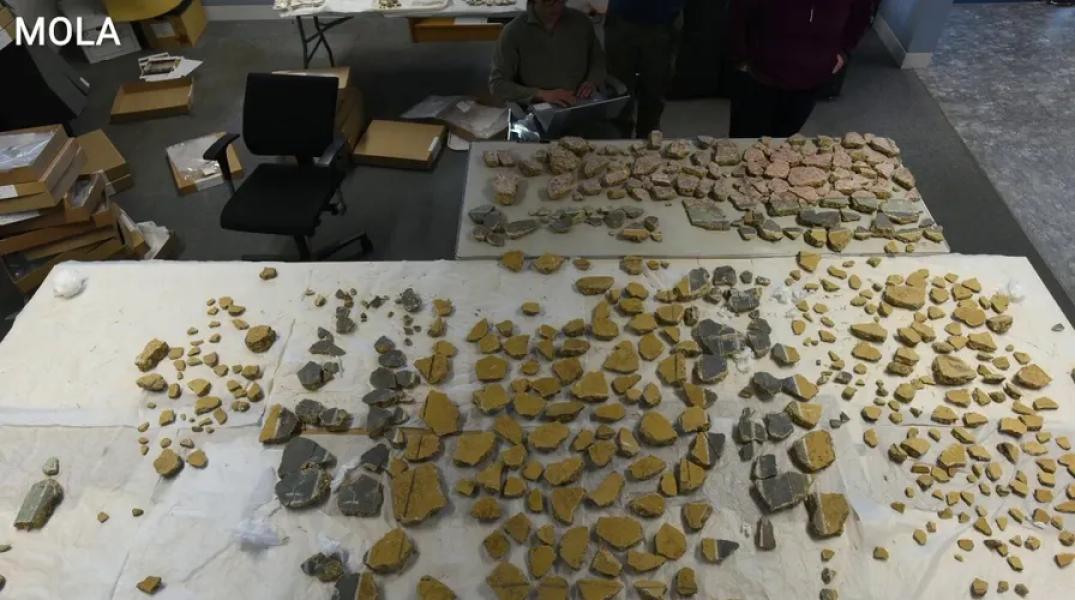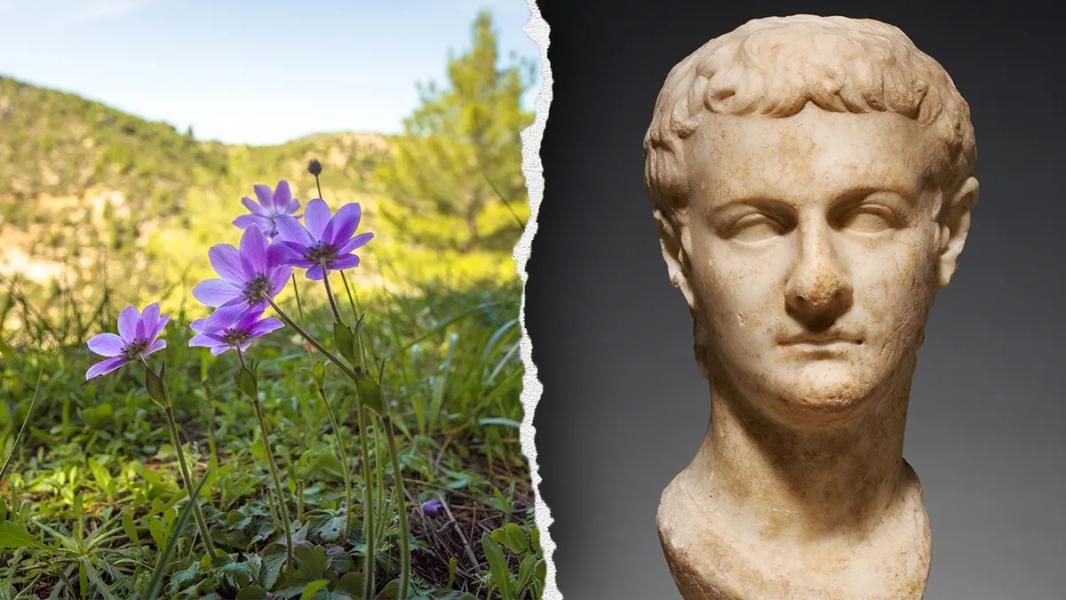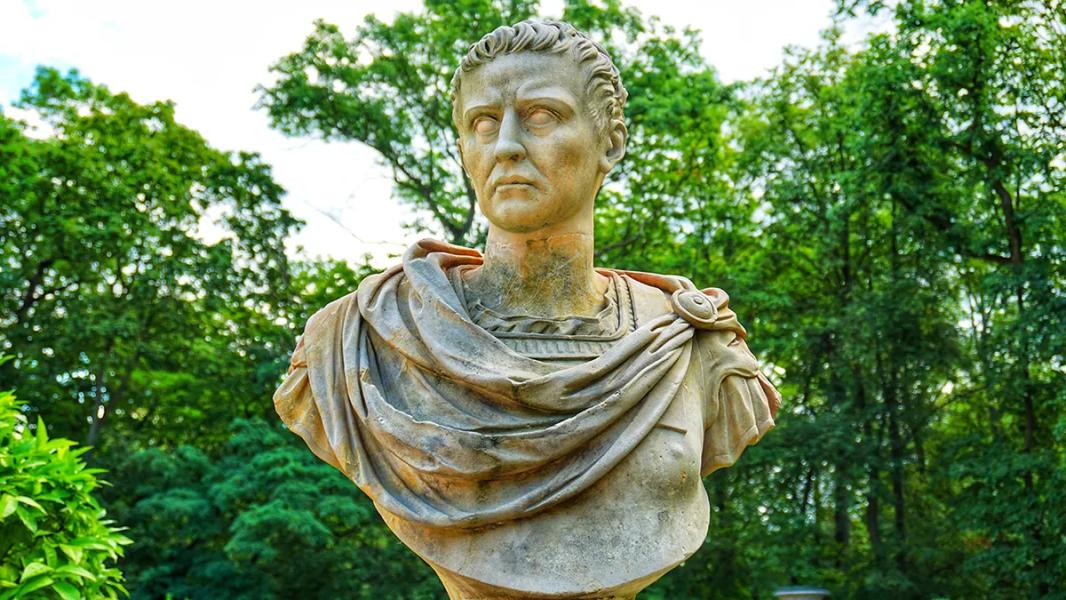
Video: Archaeologists Solve Mystery of 1,800-Year-Old Roman Fresco in London
London researchers have restored a vast collection of Roman wall plaster, uncovering 1,800-year-old frescoes decorating a high-profile building. (Source: MOLA)
NEWYou can now listen to Fox News articles!
According to newly published data, the ancient Roman emperor Caligula, known for his madness and cruelty, may have had an interest in plants.
A new study co-authored by Trevor Luke, a professor of classical studies at Florida State University, looks at a little-known anecdote by the Roman historian Suetonius about Caligula and a sick senator.
The story mentions that an unnamed Roman senator traveled to the Greek city of Anticyra to seek treatment with the plant hellebore, now considered poisonous. Although the treatment itself was not very expensive, the trip to Anticyra and the stay there were quite expensive.
When the senator approached Caligula with a request to extend his stay, the hated ruler ordered his execution, saying that it was “necessary for one to whom hellebore had brought no benefit during all this time.”
The story highlights that Caligula had some knowledge of medicinal plants, a prospect that intrigued Luke, who shared his research with Fox News Digital.

Recent research suggests that the infamous emperor Caligula may have been interested in the healing properties of plants. (iStock; Heritage Art/Heritage Images via Getty Images)
When asked if he was surprised by Caligula's interest in plants, Luke replied, “Yes and no.”
“I knew that Caligula had a reputation as a poisonous killer, and one would expect such a man to have a deep knowledge of the properties of poisonous plants,” Luca noted.
“Antikyra may be the first known destination in Greece for Roman medical tourists.”
“However, the use of poison for murder became a common theme in ancient literature about evil rulers and their families,” the historian added.
Luca reported that as he researched more ancient sources and archaeological finds, he found more evidence of Caligula's interest in medicinal plants, which he had not expected.

Researchers say Anticyra, pictured here, may have been the equivalent of a medical tourism hub in ancient times. (iStock)
Luke added that historical figures such as Alexander the Great, Attalus III of Pergamon, and Mithridates VI Eupator also showed an interest in plants, and Caligula may have been referring to a pharmacological text attributed to Mithridates.
Study co-author Andrew Koch noted that Antikyra resembled a modern-day Mayo Clinic, attracting people from afar and offering them treatments for incurable ailments.
“In other words, Anticyra may be the first known destination in Greece for Roman medical tourists,” concluded Louka.

Historians believe Caligula's interest in plants may have been fueled by a fear of poisoning. (iStock)
“When we think of a renowned place offering innovative and effective treatments, the name Mayo Clinic immediately comes to mind, just as the name Anticyra came to mind in the minds of the ancient Romans.”
He noticed that the healers of Anticyra added a local plant called sesamoid grass to their hellebore recipes, making them the safest and most effective laxatives of the time.
So was the Roman emperor a “plant lover” in the modern sense of the term?
Luke told Fox News Digital that he wasn't bothered by the classification, but added that Caligula's interest in the medicinal and harmful powers of plants
Sourse: www.foxnews.com





